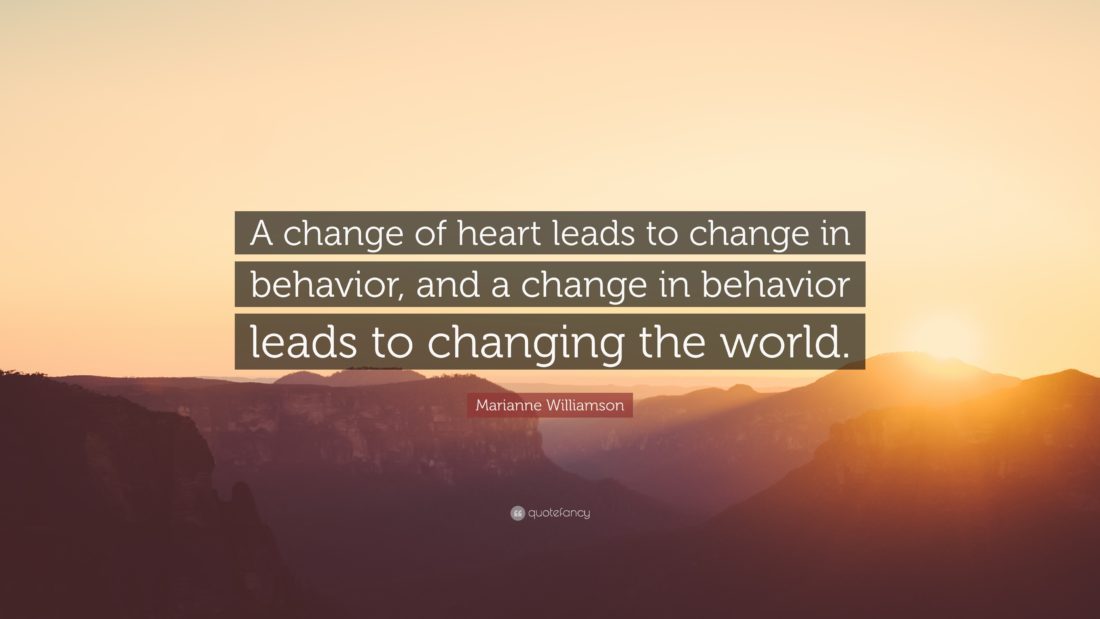Another video surfaced this week of an African-American man being shot to his death on the street by a police officer. As expected, another round of outcries followed on social media and in real-life conversation. Shock, anger, despair.
Obviously, I do not know what it feels like to leave my house with anything other than a general awareness of my surroundings. I do not fear that I’ll be mistaken for a criminal (even though I’ve been questioned by police, with handwriting samples and all). I do not fear that my skin color will prompt one reaction or another (even though I’ve lived in a predominantly African-American community and been told, “It’s a black thing. You don’t understand.”). My personhood a mostly a non-issue (even though I’ve been harassed by men and felt scared for my safety).
I do not fear for my boys’ lives for all the same reasons.
And yet, my African-American friends cannot say these things. Instead of situational discomfort like I mentioned above, they experience an ongoing, lifelong undercurrent of caution and fear because of systemic, institutional, and cultural racism.
First, as the wife of a former police officer, I can tell you with certainty that honorable men and women exist in law enforcement. I know them. I married one. My best friend married one. They are real and they can be trusted. Let’s be clear about that.
And yes, we can argue about the media and sensationalism and skewed reporting (much of which is commentary and not actual reporting). We can argue about criminal records and failing to follow protocol and all the nit-picky details people love to throw up to support their opinions-as-fact. We can debate whether actions are justified or not justified. Many people embrace the #BlackLivesMatter movement for its challenging directive, while just as many oppose it as a polarizing message.
There is much to argue about, but where does that get us? I could say it gets us nowhere, but that’s not true. It drives us further apart.
Friends, I am confident now more than ever that we cannot legislate racism. We cannot make a law to prevent racial motivation (for or against a people), and we cannot rely on those in power to change the hearts of those who cause strife and death in our country.
If we really, really want to stir peace in our communities, we must talk to one another candidly and compassionately. We must confess what we don’t understand and then sit quietly while we learn. We must say to our African-American friends, “I don’t know how you feel, but I want to understand. What do you need from me?”
This is how we change. We talk to one another, we empathize, we listen. We don’t have to share a feeling to validate its existence in someone else. In fact, if we continue to dismiss the deep-rooted, painful reality our African-American citizens (and friends and family) experience as over-reactions or exaggerations or isolated incidents, we only exacerbate the problem.
By the way, here are other reactions that exacerbate the problem:
– “I’m not racist. I’m colorblind. I have black friends.”
– “Racism isn’t as bad as people say. If it were, we wouldn’t have a black president.”
– “They wouldn’t get shot if they would just follow instructions.”
– “I’ve been judged for being a woman/Christian/white person/Southerner, so I know what it’s like.”
We get off on the right foot when we can honestly, openly admit, “I have no idea how you feel, and I don’t know how I’d react if I were in your shoes, but I’m by your side and I support you.” It doesn’t have to be loud or public or poetic, but it must be authentic. It must be raw. It must be rooted in the desire to connect rather than veiled in the desire to be right.
Yes, racism is a complicated, multi-layered monster. Yes, it can go in all directions. Yes, it can be generational and rooted in the ugliest ignorance. But I believe we can beat it. I believe love can win. Oh friends, it’s not easy, and it’s not comfortable. I am convinced now more than ever that change does not start in the voting booth or with a picket sign. It doesn’t start with a Facebook update or a blog post. It starts in the heart. It’s messy and emotional, and it may require accepting that you harbor a quiet prejudice. But this is where we begin anyway. It begins by humbling ourselves enough to acknowledge when others are hurting, whether we understand it or not, and decide to grab their hands and ask, “What can I do?”
And then we listen for their response. Only when we’ve bridged this gap can we act with the hope that the tide will one day turn.

